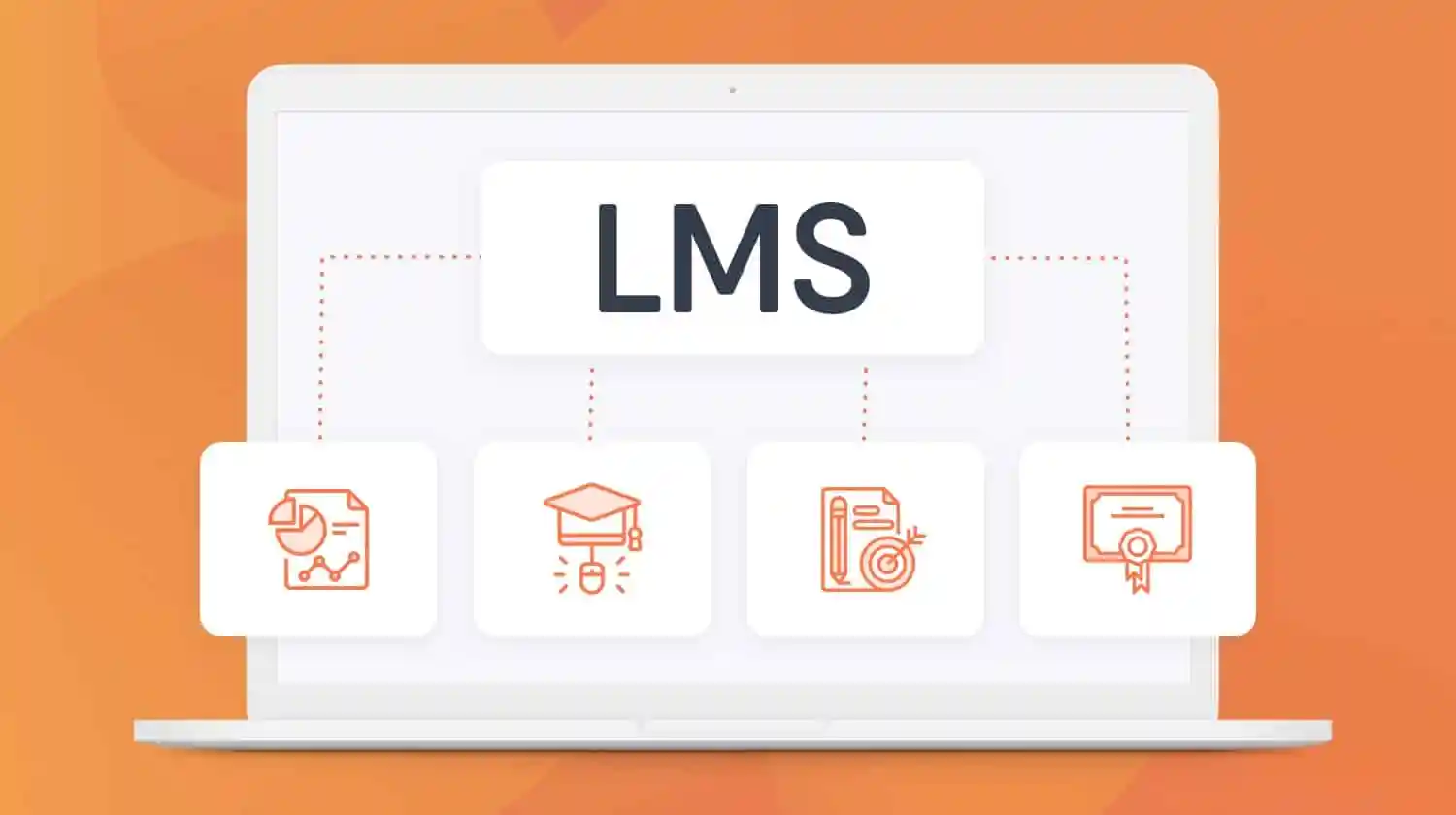In today’s rapidly evolving healthcare landscape, technology plays an increasingly crucial role in enhancing care delivery and improving resident outcomes. Residential care homes, in particular, are embracing innovative digital solutions to optimise staff training, streamline operations, and elevate the overall quality of care. Among these advancements, Learning Management Systems (LMS) have emerged as powerful tools for transforming staff training and education in residential care settings.
Benefits of LMS for Residential Care Homes
Implementing an LMS in residential care homes offers a multitude of benefits, including:
- Enhanced staff training and competency: LMSs provide a structured and consistent approach to staff training, ensuring that all staff members receive the necessary training to deliver quality care.
- Improved resident care: By enhancing staff knowledge and skills, LMSs contribute to improved resident care, leading to better health outcomes and overall satisfaction.
- Increased efficiency and cost savings: LMSs streamline training processes, reducing administrative burden and associated costs.
- Accessibility and flexibility: LMSs offer 24/7 access to training materials, allowing staff to complete training at their own pace and convenience.
- Compliance with regulatory requirements: LMSs help residential care homes maintain compliance with mandatory training requirements and demonstrate their commitment to staff development.
How to Choose the Right LMS for Your Residential Care Home
When selecting an LMS for your residential care home, consider the following factors:
- Ease of use: The LMS should be user-friendly and intuitive, allowing staff to navigate the platform easily without requiring extensive technical training.
- Customisable features: The LMS should offer the ability to create and customise training content to align with the specific needs and requirements of your residential care home.
- Integration capabilities: The LMS should integrate seamlessly with existing care management systems to streamline data exchange and optimise workflows.
- Mobile accessibility: The LMS should be accessible from various devices, including mobile devices, to accommodate the diverse preferences and schedules of staff members.
- Vendor support: Choose a vendor with a proven track record of providing responsive and reliable support to ensure you have the assistance you need when implementing and using the LMS.
Case Studies: LMS Success in Residential Care
Numerous residential care homes have successfully implemented LMSs to enhance staff training and improve resident care. Here are a few examples:
Colchester Care Homes: Colchester Care Homes implemented an LMS to deliver mandatory training to over 500 staff members, resulting in a significant increase in training completion rates and improved staff knowledge.
The Fremantle Trust: The Fremantle Trust used an LMS to create and deliver customised training for staff working with individuals with dementia, leading to improved care practices and enhanced resident outcomes.
Southern Cross Care: Southern Cross Care implemented an LMS to streamline staff training and compliance tracking, reducing administrative burden and freeing up staff time to focus on direct resident care.
Conclusion
Learning Management Systems (LMS) have emerged as transformative tools for residential care homes, revolutionising staff training, streamlining operations, and ultimately enhancing the quality of care provided to residents. By leveraging the power of LMS’s, residential care homes can empower their staff, optimise care delivery, and achieve their mission of providing exceptional care for all residents. Get in touch to see how we can help you.
